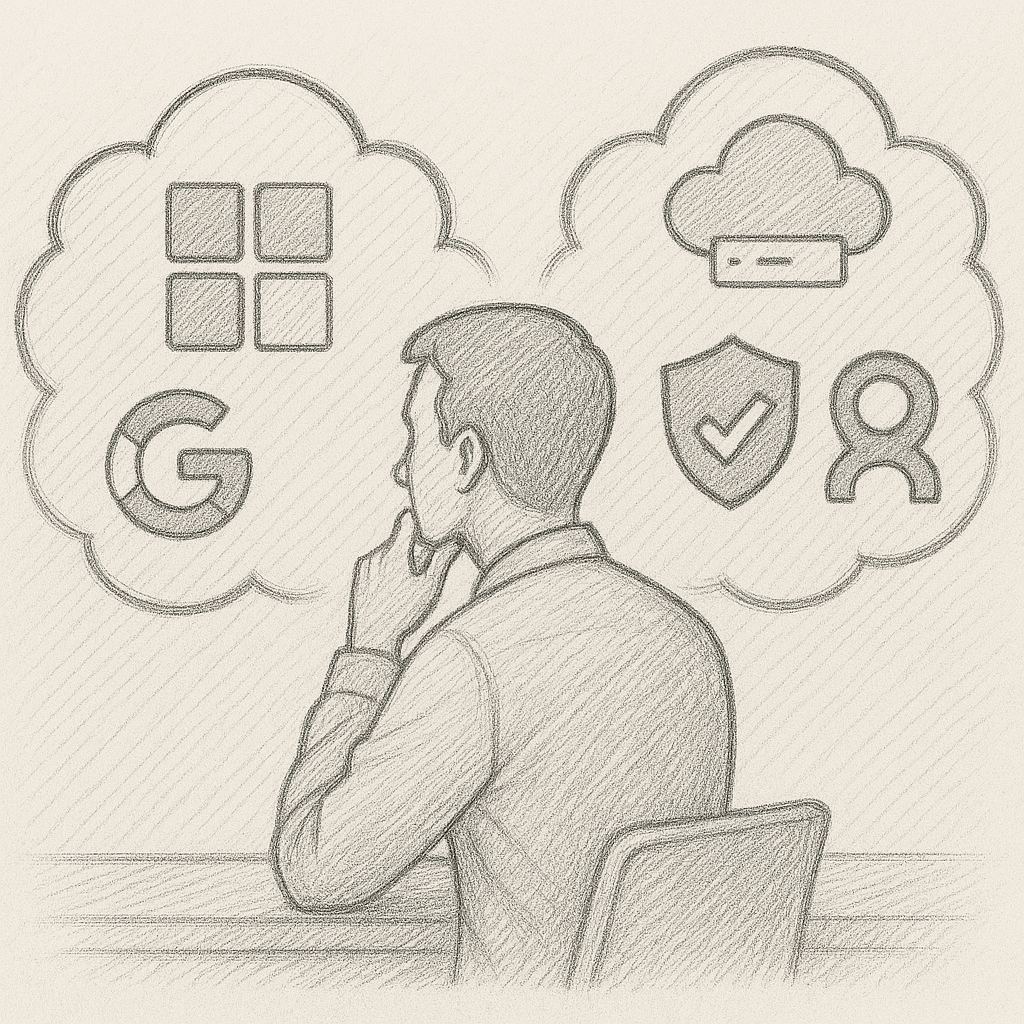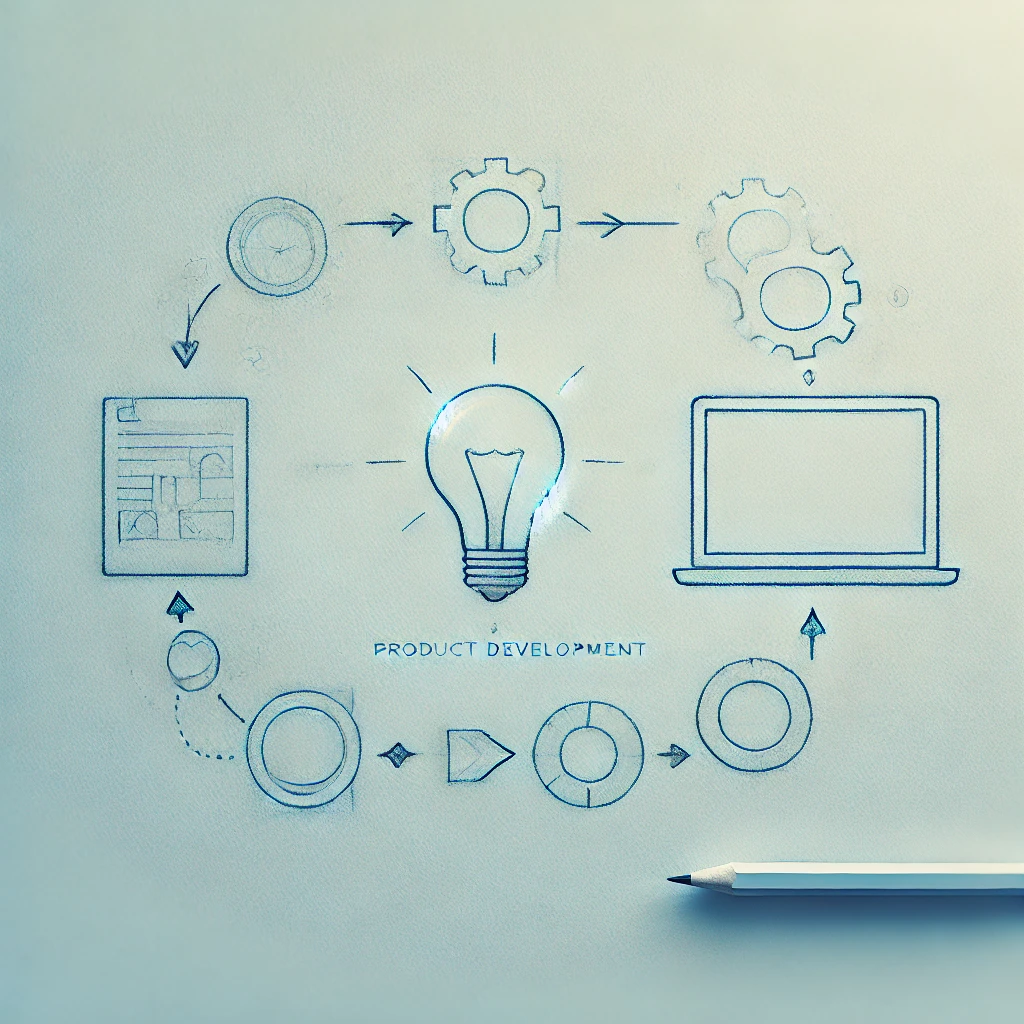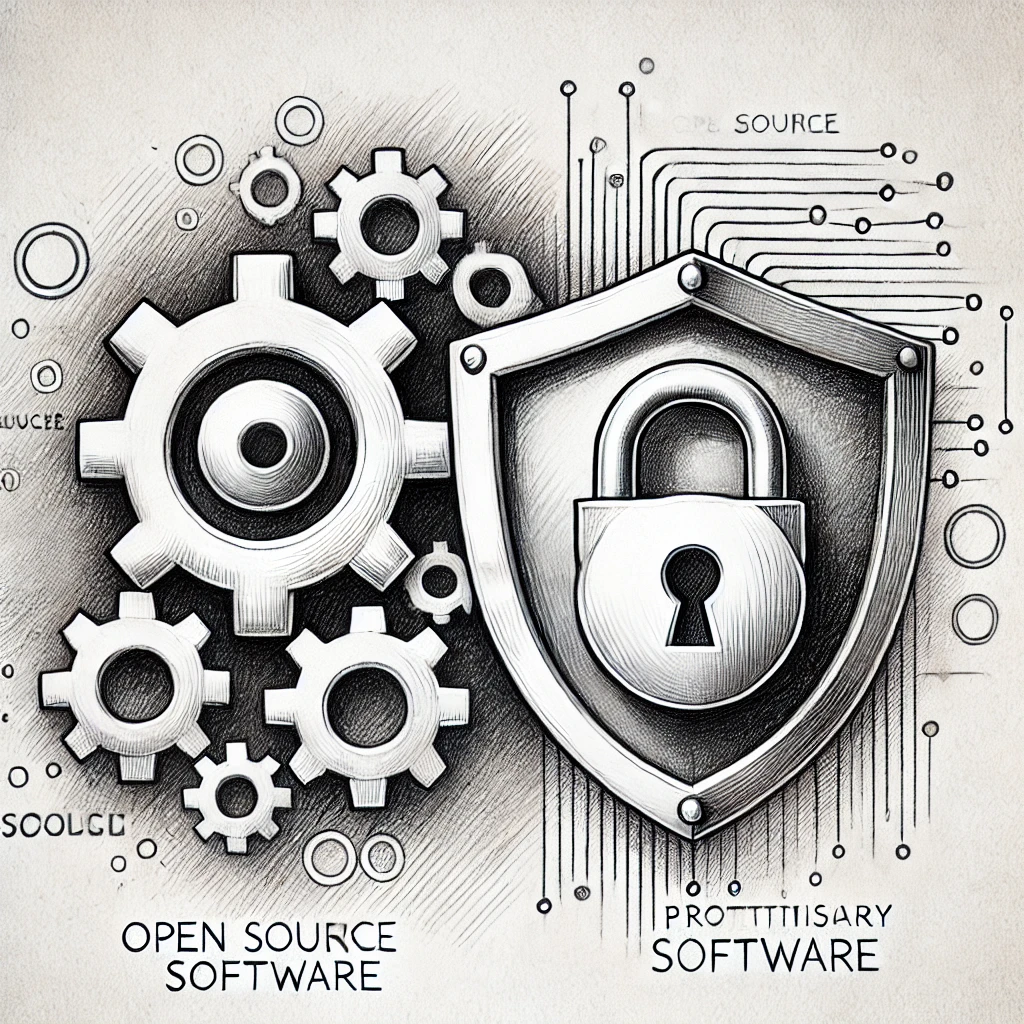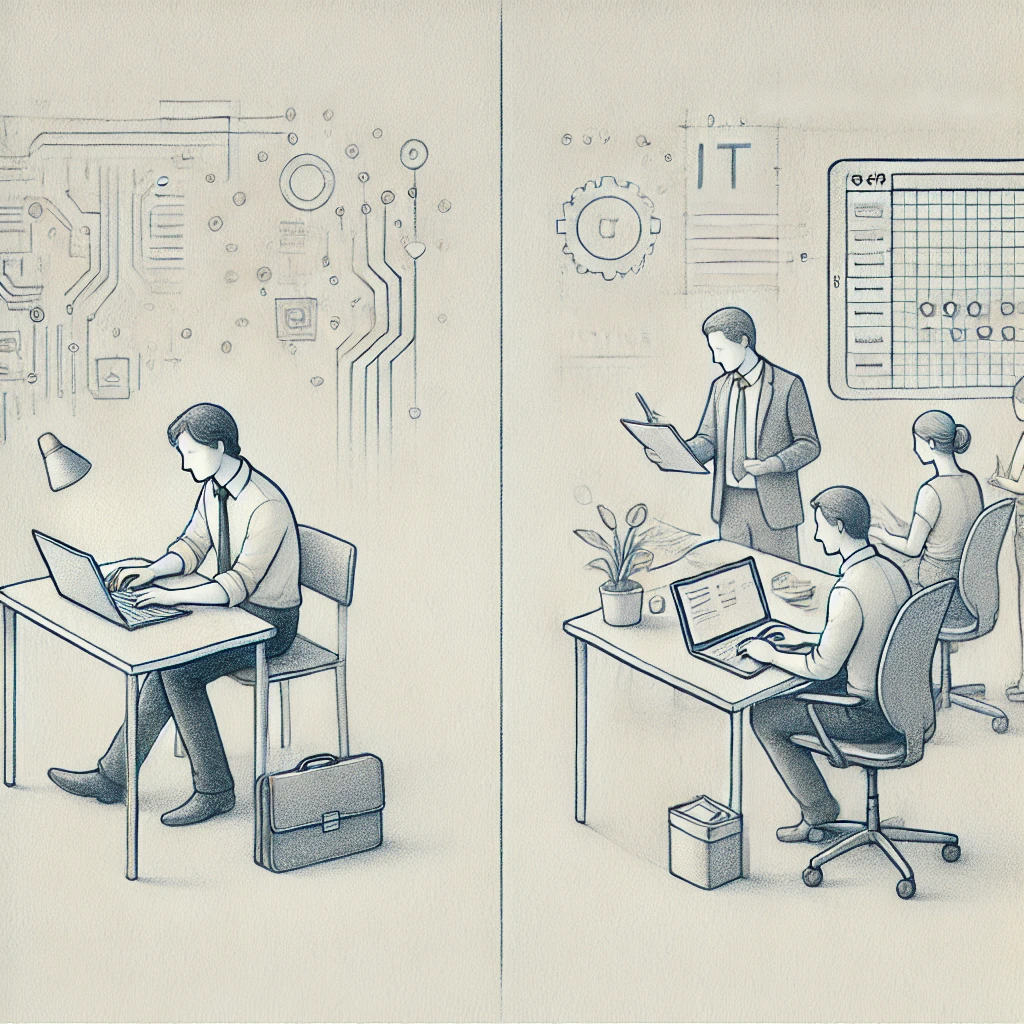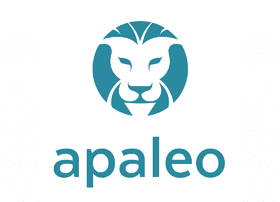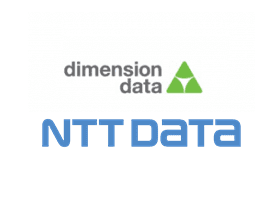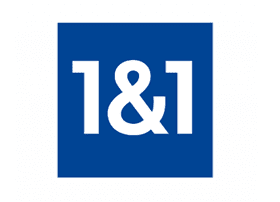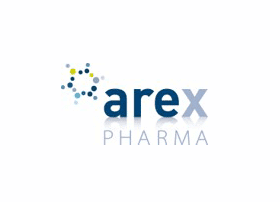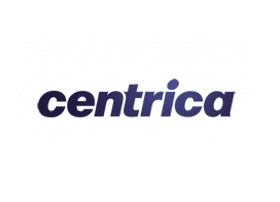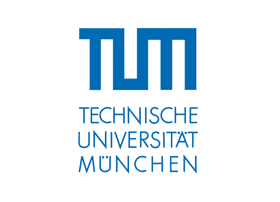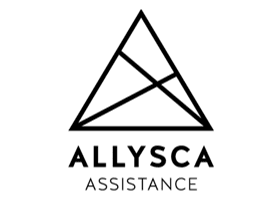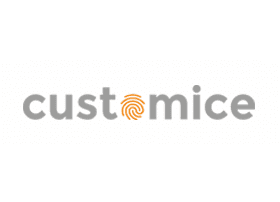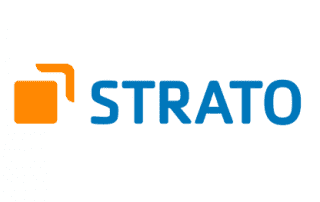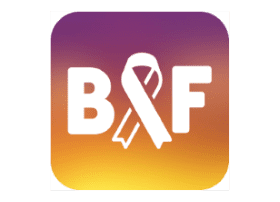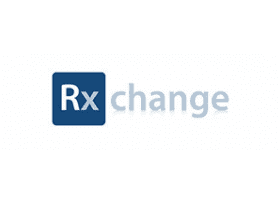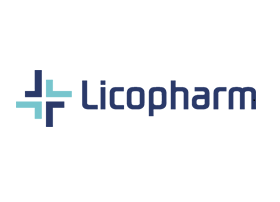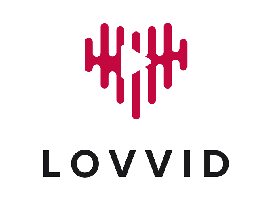How can I develop a mobile app and what does it cost to commission external app development?
– A guide. –
The development of a mobile app requires strategic planning, the selection of the right technologies, a clear objective and often an experienced team of app developers, designers and project managers. Many companies are faced with the decision to take on mobile app development themselves or to outsource app development to a specialized app agency.
This guide provides you with a comprehensive overview of the development of a mobile app and the associated costs of having the mobile app developed externally.
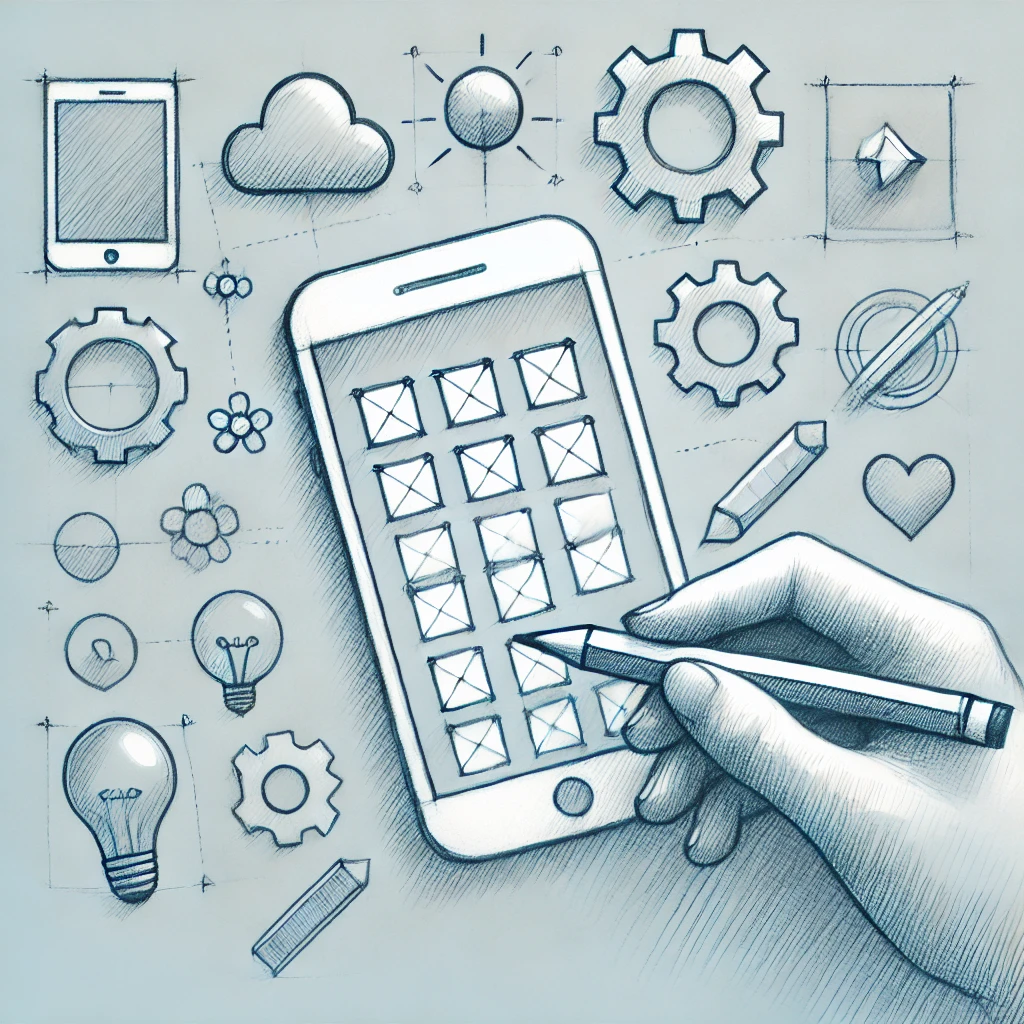
Content
1. planning and objective of the mobile app and app development
Clear planning and goal setting is the first step for any successful app project. In this phase, you should clarify the following questions:
- What should the app be able to do? Define the main functions and the added value for users.
- Who is the target group? Consider the age, preferences and technical know-how of the users.
- On which platform should the app run? Decide whether the app should be developed for iOS, Android or both platforms.
- How should monetization take place? Consider whether the app is offered free of charge or for a fee, contains in-app purchases or displays advertising.
A detailed design phase saves time and money later on, as clear specifications make the development process much easier.
2. selection of the app platform and technology in which the mobile app is to be programmed
Native apps vs. cross-platform apps
You can have your app programmed either as a native app for iOS and Android separately or as a cross-platform app:
- Native apps are programmed in the respective programming language (Swift for iOS, Kotlin for Android) and offer optimum performance and user experience. However, the costs are higher as they have to be developed separately for each platform.
- Cross-platform apps are based on frameworks such as React Native or Flutter, which make it possible to use a single code base for both platforms. These are often cheaper to program, but can lag somewhat behind native apps in terms of performance.
3. design of the mobile app
Design plays a crucial role in creating a positive user experience and successfully establishing the app on the market. Two key design aspects must be taken into account:
- UI design (user interface): The visual design, layout and graphic design that users see.
- UX design (user experience): This is where the user guidance and usability of the app is optimized.
High-quality designs can be costly, as designers who specialize in app design often charge between 60 and 150 euros per hour. However, a good design is an investment that pays off in the long term.
4. functional scope and development effort
The range of functions significantly determines the development time and costs. Here is an overview of typical functions and their impact on costs:
- Basic functions: Registration, login, user profiles, simple content, lists and search functions.
- Medium range of functions: in-app messages, push notifications, integration of third-party providers (e.g. payment services), maps.
- Complex functions: Real-time communication, AI-supported features, geolocation, complex databases and synchronization.
The more extensive and complex the functions, the higher the costs and the longer the development time.
5. development costs if the app programming is commissioned externally
The cost of app development depends on various factors, including the complexity of the app, the desired functions and the location of the service provider.
Costs according to complexity
- Simple apps (with basic functions, simple design, without backend):
- Budget: 10,000 to 30,000 euros
- Development time: 2 to 3 months
- Apps with a medium range of functions (e.g. with push notifications, simple databases, user accounts):
- Budget: 25,000 to 100,000 euros
- Development time: 3 to 6 months
- Complex apps (e.g. social networks, e-commerce apps, data-intensive applications):
- Budget: from 150,000 euros
- Development time: from 9 months
Factors influencing the cost of having a mobile app developed externally
- Hourly rate of the service provider: In Germany, hourly rates for app developers are usually between 80 and 120 euros. In Eastern Europe or Asia, prices are often lower, but this can entail quality risks.
- Variety of functions: The more functions, the higher the costs.
- Choice of platform: Cross-platform development is often cheaper than developing native apps for iOS and Android.
6. maintenance and further development
Once the app has been published, the work is not over. Regular updates, bug fixes and adaptations to new operating system versions are necessary to keep the app functional and optimize the user experience. Maintenance costs usually amount to around 15 to 20% of the original development costs per year.
7. tips for choosing the right service provider for the external development of the mobile app
If you want to outsource app development, it’s important to find a trustworthy and experienced service provider. Here are some tips:
- Check the portfolio: Look for references and the developer’s experience with similar projects.
- Communication and transparency: A good service provider communicates transparently about progress and problems.
- Obtain cost estimates: Get several quotes and compare the services and costs.
- Contractual security: Agree clear deadlines, milestones and contractual penalties for delays.
8 Conclusion: What does it cost to develop an app and how do you get started?
Developing an app is a complex undertaking that requires careful planning and coordination. The total costs can vary greatly depending on the requirements and the service provider selected – simple apps start at around 10,000 euros, while complex applications can easily run into six figures. Planning the functions at an early stage and selecting the right development partner can help to optimize costs and successfully implement the project.
The experts at BITS GmbH are at your side during the implementation of your app. From the initial concept and design to development and maintenance, we support you with our comprehensive know-how and experience in app development. Contact us for a non-binding consultation and a customized offer.
GET IN TOUCH WITH US
“We are happy to support you with the design or implementation of your app. We look forward to hearing from you.”
Marc Schallehn, Managing Director BITS GmbH
Email: [email protected]
Phone: +49 (0)89 121 585 50

Gerne unterstützen wir Sie bei Ihren IT Projekten. Ich freue mich über Ihre Kontaktaufnahme.
OUR CUSTOMERS AND PARTNERS
OUR CUSTOMERS AND PARTNERS
Gemeinsam, zuverlässig und langfristig wollen wir als IT-Dienstleister Sie bei Ihren IT-Vorhaben unterstützen. Eine Auswahl unserer Kunden, Partner sowie Branchen finden Sie in diesem Abschnitt.





